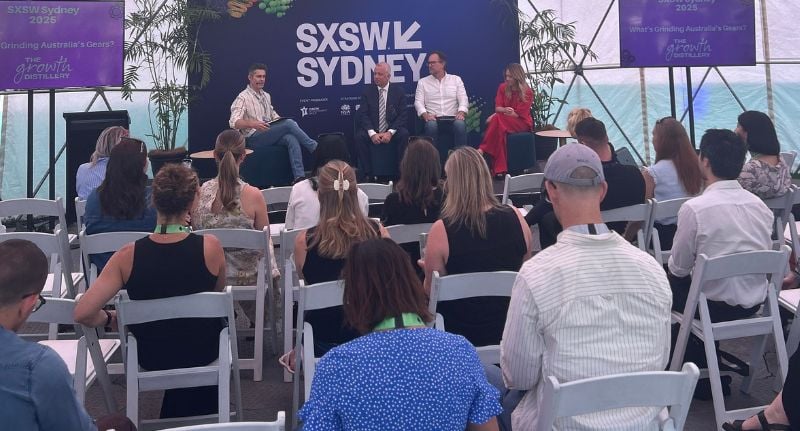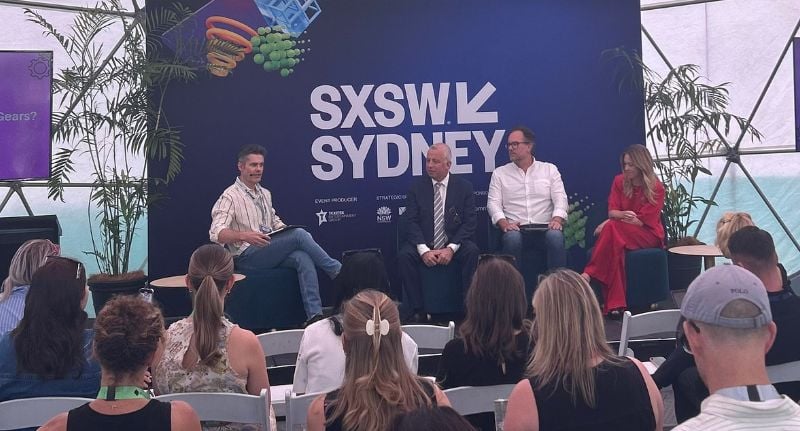If there’s one thing uniting consumers, and marketers, right now, it’s frustration.
From endless logins (what’s my password, again?) to customer service black holes, our tolerance for friction is wearing thin.
But at a recent panel hosted by The Growth Distillery, industry leaders argued that those everyday annoyances could actually hold the key to innovation.
Moderated by James Taylor, Head of Research at The Growth Distillery, the discussion brought together Jason Davey, President of Growth & Customer Engagement at Ogilvy; Terri Hall, Managing Partner at TRA Sydney; and James Morrow, National Affairs Editor at the Daily Telegraph. Together, they unpacked the tension between technology, trust, and what it means to stay human in an increasingly automated world.
For both Morrow and Hall, the issue isn’t with technology itself, it’s with how often it overcomplicates the very tasks it’s meant to simplify.
“So many things grind my gears,” Morrow said. “One that really gets to me is this idea that technology, specifically AI, is supposed to make our lives easier.”
Instead, he argued, it often shifts the workload back onto consumers through endless logins, self-service check-ins, and DIY everything.
Hall agreed that while technology has enormous potential to empower, it too often leaves people feeling overloaded and disconnected.
“I am very much for AI and all that it offers, but there’s still something uniquely human about inspiration,” she said. “We hear this a lot from Australians too: we’re not anti-tech or anti-future, but we are forward-looking people who want to hold on to the things that make us different.”

L-R: James Taylor, James Morrow, Jason Davey, and Terri Hall
When frustration becomes opportunity
Despite the frustration, the panel saw room for optimism, especially for brands that respond with clarity and purpose.
Sure, at times the tools designed to make things easier often end up creating new layers of friction, but, they argued, that is where the real opportunity lies for brands.
Davey pointed out that frustration can be the birthplace of innovation.
“There are so many great examples where long-standing industry issues went unaddressed, and those negative customer experiences ended up becoming business opportunities,” he said.
“Take the taxi industry, it resisted change for years until new players focused on improving customer experience and delivery. That shift has been global.”
Hall agreed that progress doesn’t always mean adding more tech.
“The convenience that Uber, and specifically Uber Eats, has impacted my creativity in the kitchen and the time I spend preparing meals at home,” she said. “It may have solved one problem but it’s created another one”.
The panel agreed that when technology starts to inconvenience the people it’s meant to serve, the brands that listen, and design around those pain points are the ones most likely to win back trust.

